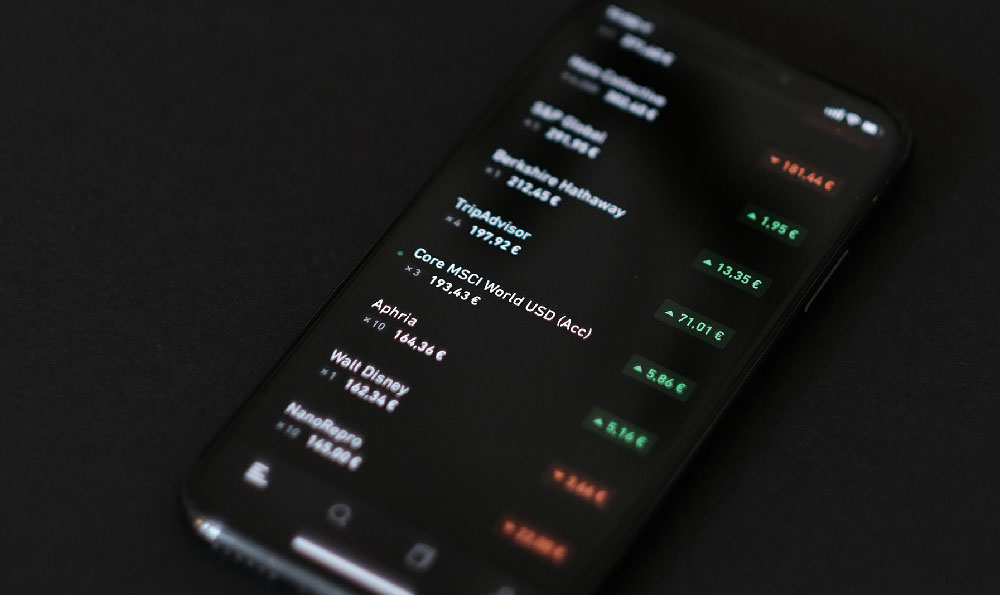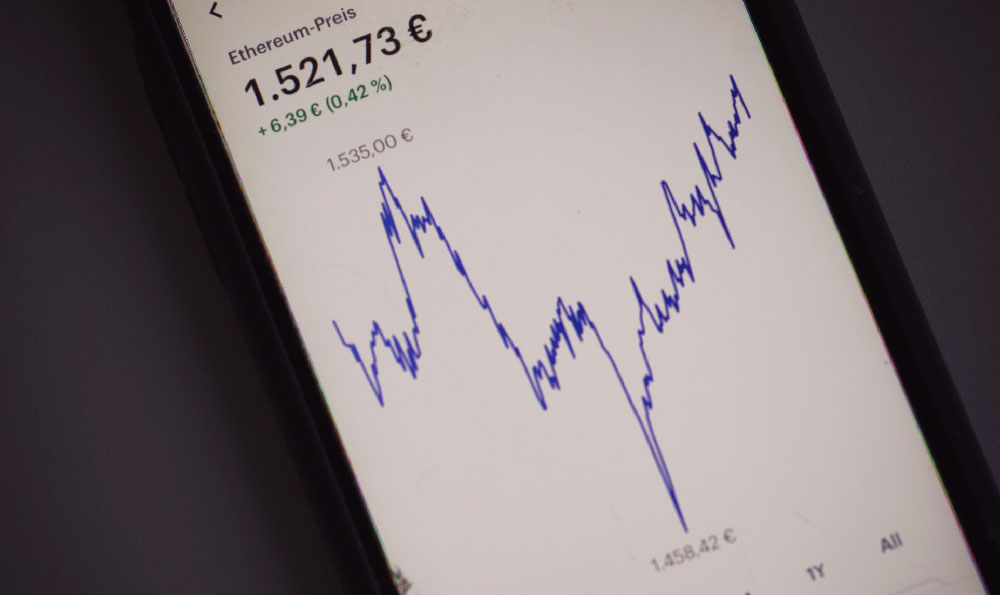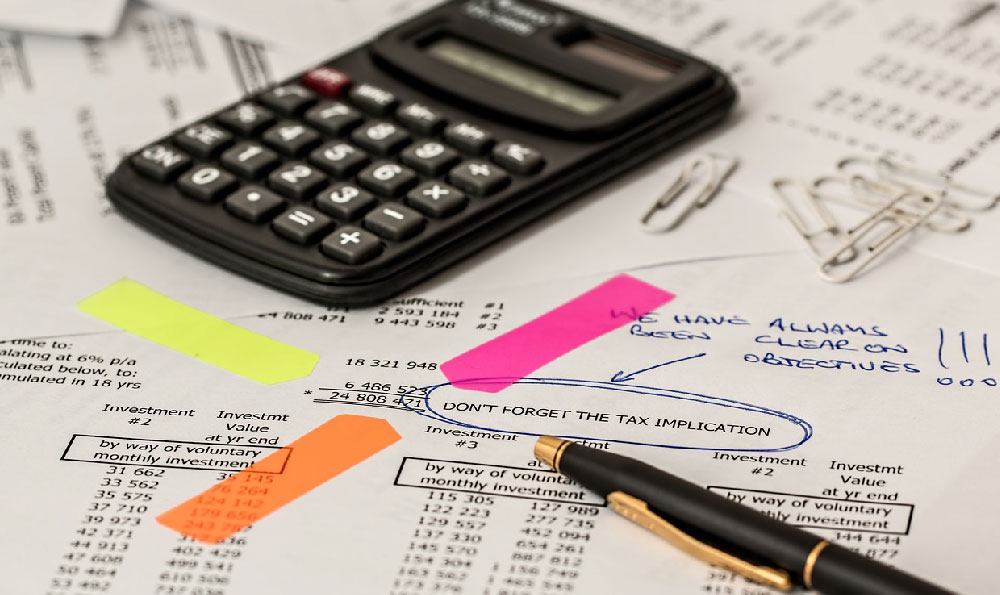Publishers Clearing House (PCH), a name synonymous with sweepstakes and oversized checks, has been operating for decades. Understanding how they generate revenue and whether their operations are legitimate requires a comprehensive look at their business model. While the brand is widely known for its contests, the core of PCH's income streams lies in direct marketing and advertising.
Essentially, PCH is a direct marketing company that leverages the allure of winning big to attract customers. They compile extensive mailing lists, often categorized by demographics and purchasing habits. These lists are then used to send out sweepstakes entries, but more importantly, they are used to promote and sell various products and services.
The most significant revenue source for PCH is product sales. Their mailings are often packed with catalogs featuring a wide range of merchandise, from household goods and electronics to apparel and collectibles. They act as a retailer, purchasing products wholesale and marking them up for sale to their customers. The sweepstakes component serves as a powerful incentive to browse the catalogs and make purchases. People are more likely to buy something if they feel they are also gaining a chance to win a large sum of money. It's a classic loss leader strategy, where the sweepstakes acts as the "loss leader" to drive sales.

Beyond their own catalogs, PCH also generates revenue through third-party advertising and list rental. They allow other companies to advertise their products and services through PCH's mailings, reaching a large and targeted audience. Given the size and granularity of their mailing lists, this can be a lucrative source of income. These companies pay PCH to include their flyers, brochures, or even small samples within the PCH mailings. Furthermore, they rent out their mailing lists to other marketers, allowing them to directly target PCH's customer base. This data-driven approach, while not always transparent to the end consumer, is a common practice in the direct marketing industry.
The digital realm has also become a significant avenue for PCH's revenue generation. They have a robust online presence with websites and apps where users can enter sweepstakes, play games, and, of course, make purchases. Online advertising, including display ads and affiliate marketing, contributes to their digital revenue stream. They partner with other companies to promote their products on PCH's websites and apps, earning a commission on any sales generated through those links. The PCH Search&Win platform is another example. Users are incentivized to use PCH's search engine by being entered into sweepstakes for each search. This allows PCH to generate revenue from advertising revenue, much like Google or Bing, though on a smaller scale.
The question of PCH's legitimacy often arises due to the perception that winning is improbable, or that purchases are required to win. Legally, Publishers Clearing House operates within the bounds of the law. They clearly state in their rules that no purchase is necessary to enter or win their sweepstakes. This is a crucial legal requirement, as requiring a purchase to enter a sweepstakes would classify it as an illegal lottery. They prominently display "no purchase necessary" disclaimers in their mailings and on their websites.
However, the marketing tactics employed by PCH can be considered misleading to some. The constant emphasis on the possibility of winning a large sum of money, coupled with the presentation of merchandise catalogs, can create the impression that making a purchase will increase one's chances of winning. While legally compliant, this can be viewed as manipulative, especially towards vulnerable individuals.
Furthermore, the perceived value of the merchandise offered by PCH is often debated. Some customers have complained about inflated prices or lower-quality products compared to what they could find elsewhere. It is important for consumers to conduct thorough research and compare prices before making any purchases from PCH or any other direct marketing company.
In assessing the legitimacy, it's crucial to distinguish between legality and ethical considerations. PCH is a legal entity, registered and operating under established laws. They do award the advertised prizes, and winners are publicly announced. However, the ethical implications of their marketing strategies, particularly their reliance on the allure of winning big, warrant careful scrutiny. The constant barrage of sweepstakes entries and catalogs can be overwhelming and potentially encourage excessive spending or gambling-like behavior in susceptible individuals.
To protect oneself, consumers should always remember that no purchase is necessary to enter or win. They should carefully review the official rules of the sweepstakes before participating. It's also advisable to comparison shop and assess the value of any merchandise offered before making a purchase. Being aware of the potential for misleading marketing tactics is key to making informed decisions.
Ultimately, PCH generates revenue through a combination of direct marketing, product sales, and advertising. While their operations are legally legitimate, their marketing tactics can be seen as ethically questionable. Consumers should exercise caution and due diligence when interacting with Publishers Clearing House, understanding that the primary goal is to sell products and services, and that the sweepstakes serves as a powerful marketing tool. Informed participation is the best way to navigate the world of Publishers Clearing House and avoid falling into any potential pitfalls. The company's longevity is a testament to the effectiveness of its model, but awareness and critical thinking are essential for consumers who choose to engage with it.












